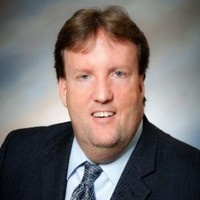Collinsville Estate Lawyer, Ohio
Sponsored Law Firm
-
 x
x

Click For More Info:
-
R. Lasko Co. LPA, LLC
1406 W 6th St STE 200, Cleveland, OH 44113» view mapBusiness, Estate, Real Estate, Employment Competent Legal Representation
Let R. Lasko Co. LPA, LLC handle all your legal needs today!
216-574-2602
Michael Arthur Newland
✓ VERIFIEDCriminal, Traffic, Juvenile Law, Wills & Probate, Adoption
Attorney Michael A. Newland is ready to represent you in a variety of criminal accusations and traffic violations, including state misdemeanor charges... (more)
Matthew Alvin Troy
Real Estate, Estate Planning, Estate, Corporate
Status: In Good Standing Licensed: 15 Years
Susan Cross Lipnickey
Living Wills, Estate Planning, Family Law
Status: In Good Standing Licensed: 33 Years
Richard Allen Hyde
Estate, Family Law, Criminal, Medical Malpractice, Mass Torts
Status: In Good Standing Licensed: 36 Years
Lee Huntington Parrish
Real Estate, Estate, Banking & Finance, Commercial Bankruptcy, Estate Planning
Status: In Good Standing
Harry Benjamin Zornow
Social Security, Estate Planning, Estate, Bankruptcy
Status: In Good Standing Licensed: 40 Years
 Ronald Lasko Cleveland, OH
Ronald Lasko Cleveland, OH AboutR. Lasko Co. LPA, LLC
AboutR. Lasko Co. LPA, LLC

